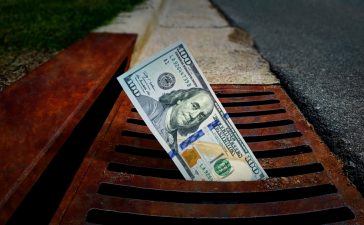In yet more changes to Britain’s pension system, the so-called Money Purchase Annual Allowance (MPAA) is to be cut to £4,000 in April 2017, from its current level of £10,000. The change is most likely to hurt someone who is still working after drawing cash from their pots, as they could miss out on future valuable employee contributions on money put into pensions.
It means anyone who draws cash from their schemes – not including the initial 25 per cent tax-free lump sum – will have to carefully plan future retirement saving plans.
The changes make fly in the face of pension freedoms by making the system far less flexible, said critics.
Chris Noon, partner at Hymans Robertson, said: “Let’s take the example of a 57 year old earning £50,000 per annum full time and they’ve already taken advantage of the 25 per cent tax free lump sum.
“They decide to reduce their hours to a three day week bringing their earnings down to £30,000 and they decide to withdraw money from their pension to supplement their income.
“If we assume they have total contributions of 15 per cent into their pension (a combination of theirs and their employer’s contribution) that equates to £4,500.
“What this means is people will either be deterred from withdrawing from their pension or they’ll stop saving into it.
“This is antithetical to the philosophy of pension freedoms, as well as unsupportive of flexible working. The level is too low.”
It’s feared the cut could also be retrospective, so anyone already caught by the MPAA could have their pension saving plans knocked.
Steve Webb, director of policy at Royal London, added: “This will have a profound impact on their ability to go on working and contributing worthwhile amounts to a pension.
“Starting to draw taxable pension cash becomes even more of a cliff-edge than at present.
“We should be trying to make combining work and drawing a pension easier not harder.”
Separately, Mr Hammond promised to maintain the Government’s ‘triple lock’ promise within the current parliament, which means state pensions will rise each year by the higher of 2.5 per cent, inflation or earnings. However, the Chancellor failed to protect the triple lock beyond 2020, which means the pledge could be axed in the longer term.
Head of retirement policy at Hargreaves Lansdown Tom McPhail said: “Whilst state spending on pensions needs to be sustainable, it is also important that pensions are looked after.
“We are about to pass the zenith of final salary scheme payouts and pension incomes are at risk of falling back in the years to come, until the defined contributions system eventually takes up the slack.”





